The G20 Summit in Rio de Janeiro, Brazil, concluded on November 19 with modest commitments that raised hopes...
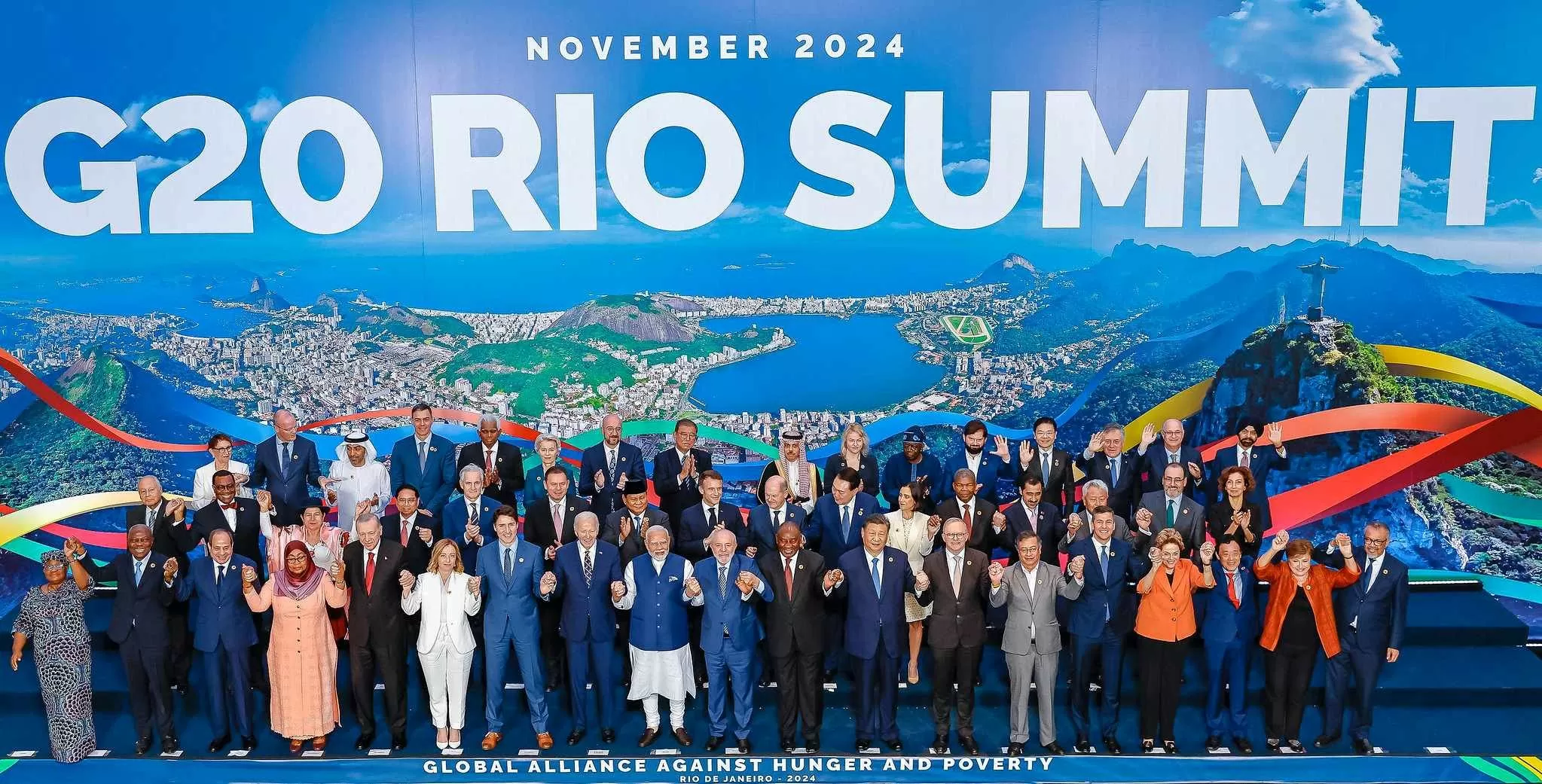 |
| The 2024 G20 Summit will take place from November 18-19 in Rio de Janeiro, Brazil. (Source: G20.org) |
Despite being dominated by divisions on a number of geopolitical issues, G20 leaders still reached several important agreements, including raising taxes on the super-rich, financial support for the fight against climate change and humanitarian crises.
With the ambition of "Building a fair world and a sustainable planet", the Rio de Janeiro Summit brought together leaders of the world's largest economies, including the US, China, Japan, India, Germany, Italy, France... to discuss global challenges from fighting poverty, reforming global governance, taxing the super-rich to promoting gender equality, and addressing climate change.
In particular, this Conference also had the participation of the African Union (AU) for the first time as an official member.
Fairer taxation
One of the highlights of the summit was a commitment to work together to ensure that the super-rich are taxed more fairly. In a joint statement, G20 leaders pledged to build effective mechanisms to combat “tax avoidance” and boost tax collection for high-net-worth individuals.
Taxing the super-rich is one of Brazil's top priorities during its 2024 G20 presidency. In February, host country Brazil proposed a minimum 2% annual tax on the world's 3,000 richest people with assets exceeding $1 billion to reduce inequality.
The proposal was made by Brazil after the Latin American country commissioned French economist and inequality expert Gabriel Zucman to conduct research on the impact of a global minimum tax on billionaires.
Research shows that billionaires currently pay taxes equivalent to just 0.3% of their wealth. If a minimum tax rate of 2% were applied, the world would raise about $200-250 billion a year from the roughly 3,000 individuals with a fortune of $1 billion or more. This money could fund public services such as education, health care, and the fight against climate change.
However, G20 members failed to reach a consensus on a minimum 2% annual tax on the super-rich as called for by Brazil. France, Spain, South Africa, Colombia and the AU supported the proposal, while the US and Germany opposed it.
According to a report by Oxfam International, the wealth of the richest 1% of the world has increased by $42 trillion over the past decade, nearly 36 times the total wealth of the poorest half of the world. The G20 countries are home to nearly 80% of the world's billionaires.
Oxfam International's calculations show that in G20 countries, less than 8 cents of every dollar of tax collected from billionaires comes from wealth taxes. "Inequality has reached shocking levels. The richest 1% continue to fill their pockets while the rest struggle to make ends meet."
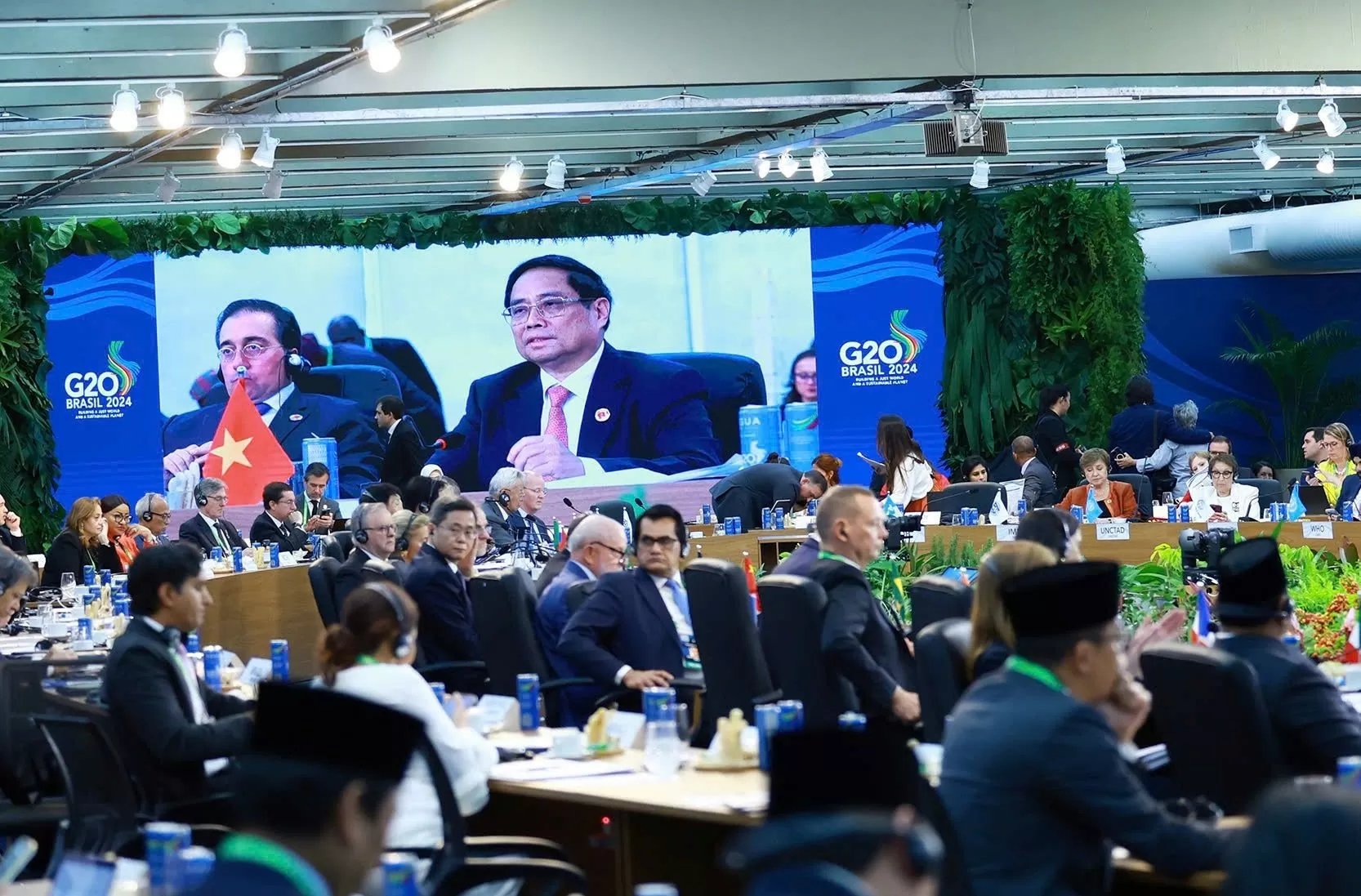 |
| Prime Minister Pham Minh Chinh speaks at the Discussion Session on Sustainable Development and Energy Transition within the framework of the G20 Summit. (Source: VGP) |
Finance for climate change
Some progress was also made in the fight against climate change, one of the hot topics at the G20 Summit, although leaders were unable to make a clear commitment to funding developing countries to increase their ability to cope with the impacts of climate change. The G20 joint statement noted that the necessary funding would come from “all sources,” but did not specify how the money would be allocated.
Meanwhile, negotiations at the 29th Conference of the Parties to the United Nations Framework Convention on Climate Change (COP29) in Azerbaijan on climate finance remain deadlocked, due to disagreements between developed countries and emerging economies over the source and level of financial contributions. In addition to finance and climate, the G20 also called for phasing out inefficient fossil fuel subsidies, but stopped short of phasing out the use of this fuel.
The crisis in the Gaza Strip and the conflict in Ukraine were also mentioned in the G20 joint statement, with a strong commitment to promoting a ceasefire and protecting civilians. The G20 expressed “deep concern” about the dire humanitarian situation in Gaza and called for comprehensive ceasefires in Gaza and Lebanon.
Efforts to fight poverty
The G20 summit also made some progress in the fight against poverty. According to the Multidimensional Poverty Index report by the United Nations Development Programme, more than 1 billion people in the world are currently living in extreme poverty, with more than half of them being children.
Poverty rates are three times higher in countries at war. In 2023, between 713 and 757 million people will face hunger, meaning 1 in 11 people in the world will go hungry.
Speaking ahead of the Summit, host country President Luiz Inacio Lula da Silva called for strong action by G20 leaders in the fight against poverty towards the goal of eliminating extreme hunger worldwide by the United Nations' 2030 deadline.
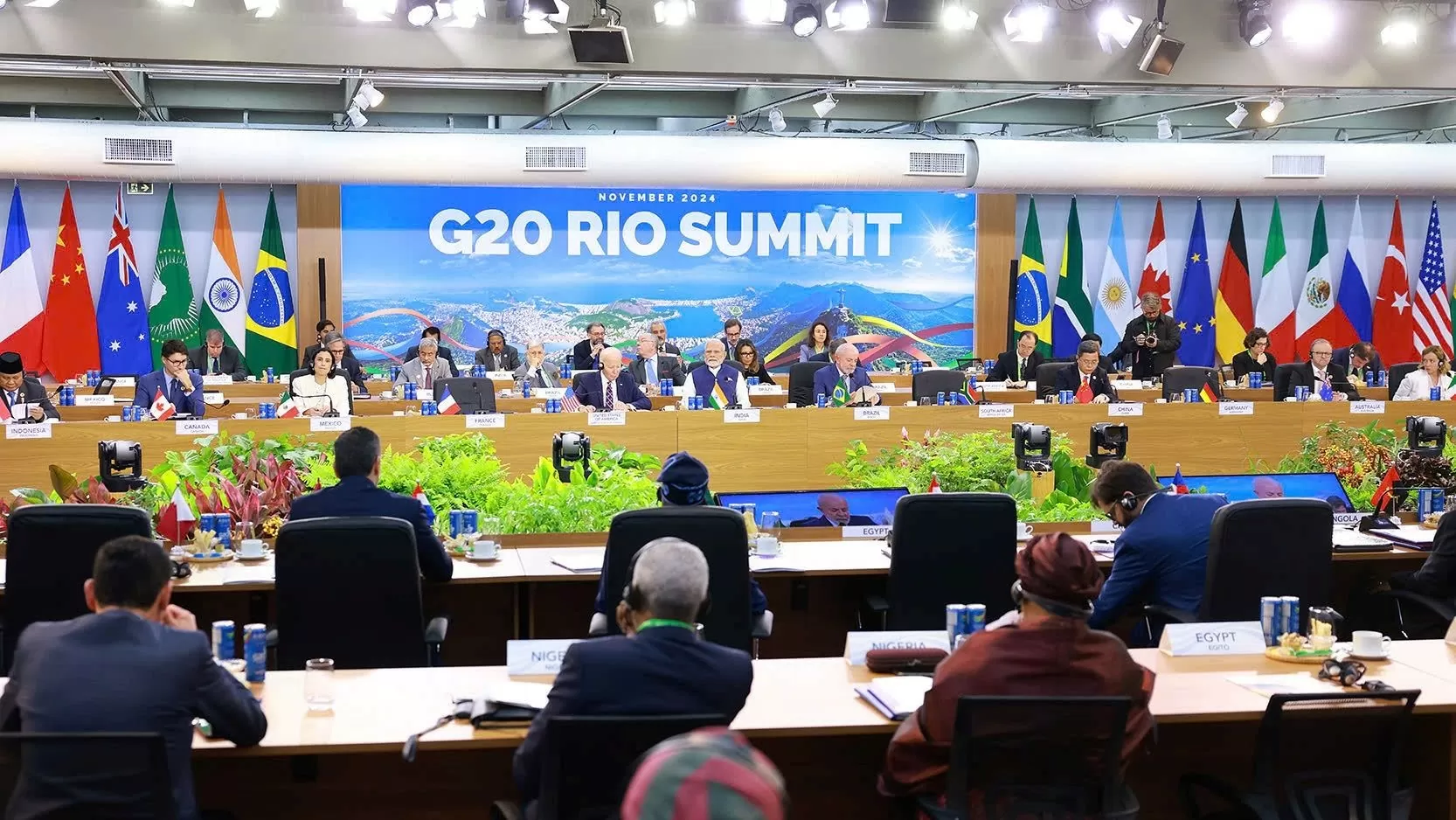 |
| G20 Summit makes progress in fighting poverty. (Source: G20.org) |
Challenges loom
This year’s G20 summit takes place in a context of geopolitical tensions. The divide between Western countries and other countries, especially strategic competition between major powers, is changing the world order. Attending the summit, General Secretary and President of China Xi Jinping emphasized Beijing’s role in contributing to maintaining international order and pledged to support Southern economies through cooperation initiatives and reducing trade barriers.
On the contrary, the United States under the incoming leadership of President-elect Donald Trump is tending to return to the “America First” policy, with trade protectionist measures that could create challenges for the global trading system, affect the future of multilateral organizations and weaken common commitments.
It must also be acknowledged that global governance reform is still facing many deadlocks. Countries in the Global South are increasingly demanding more power in international organizations such as the World Bank, the International Monetary Fund and the United Nations. The Elysée Palace commented: "President Emmanuel Macron wants to continue the discussion on this issue, recognizing that the current international financial system is no longer suitable for today's world."
Japanese Prime Minister Ishiba Shigeru also stressed the urgency of reforming the United Nations Security Council as soon as possible to maintain the international order based on rules. Mr. Ishiba Shigeru also said that in the context of rapid digitalization, reforming the World Trade Organization (WTO) is an urgent issue, especially the need to restore the function of resolving disputes effectively.
In such a context, in the joint statement concluding the Summit, G20 leaders reaffirmed their commitment to sustainable development goals, while emphasizing that current challenges, from climate change to conflict and global inequality, can only be resolved through multilateral cooperation.
That was a great success of the Conference.
Source: https://baoquocte.vn/thuong-dinh-g20-nhung-dong-thuan-thap-len-hy-vong-294453.html




![[Photo] Visiting Cu Chi Tunnels - a heroic underground feat](https://vstatic.vietnam.vn/vietnam/resource/IMAGE/2025/4/8/06cb489403514b878768dd7262daba0b)



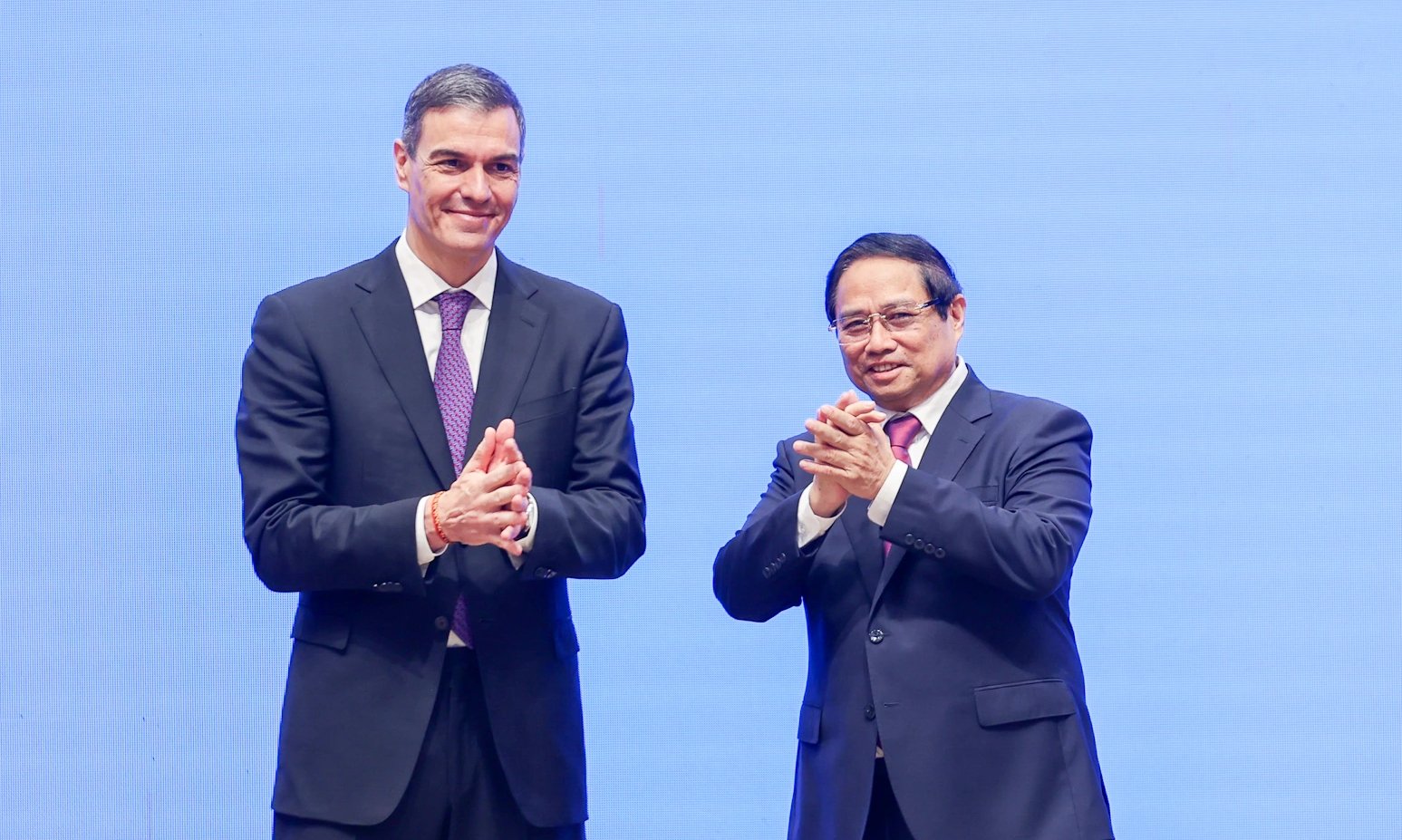

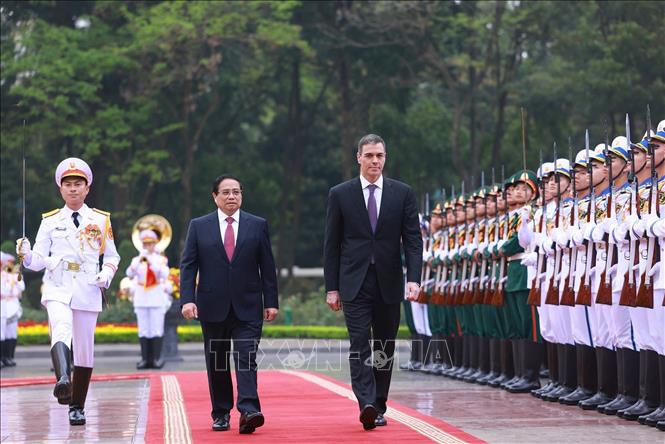


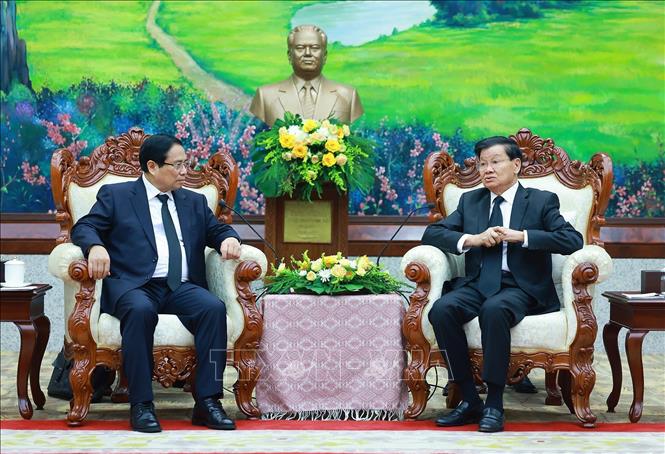
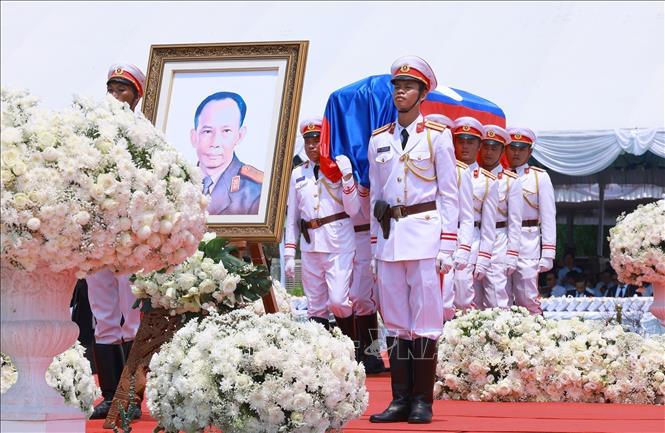
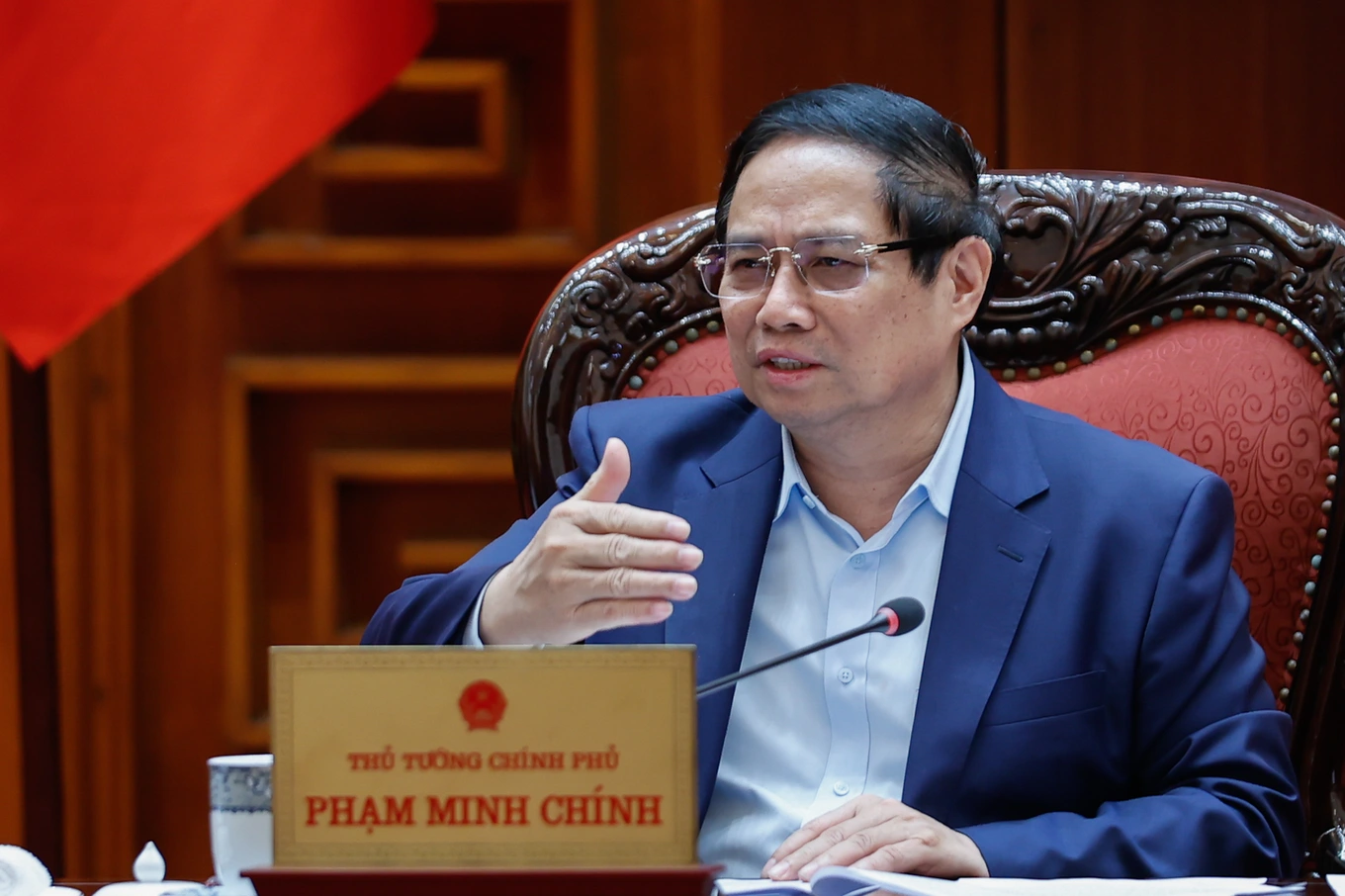

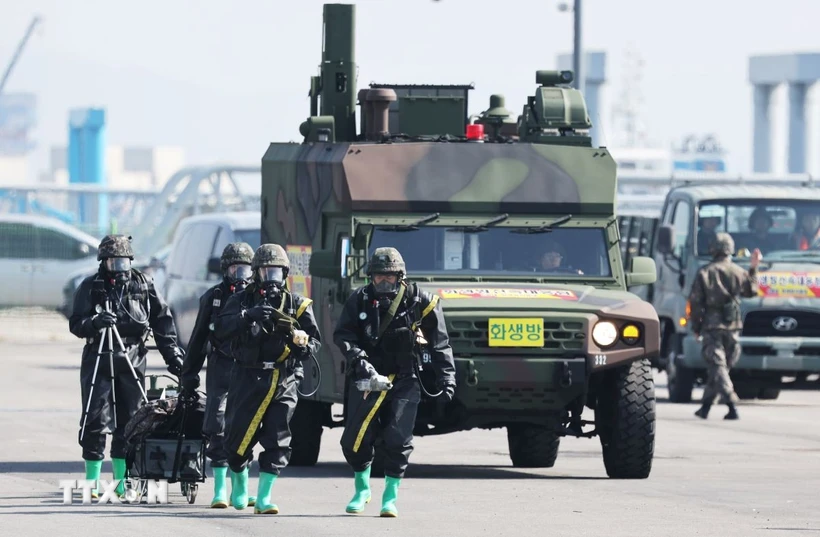
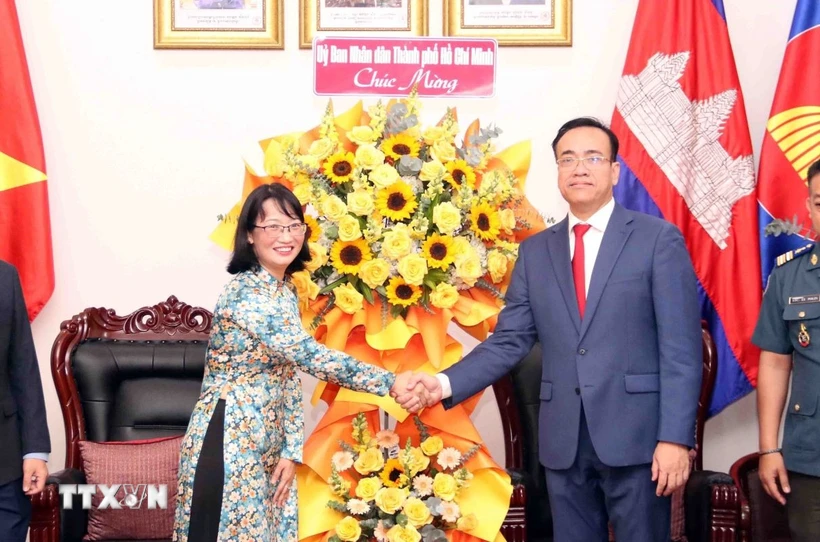
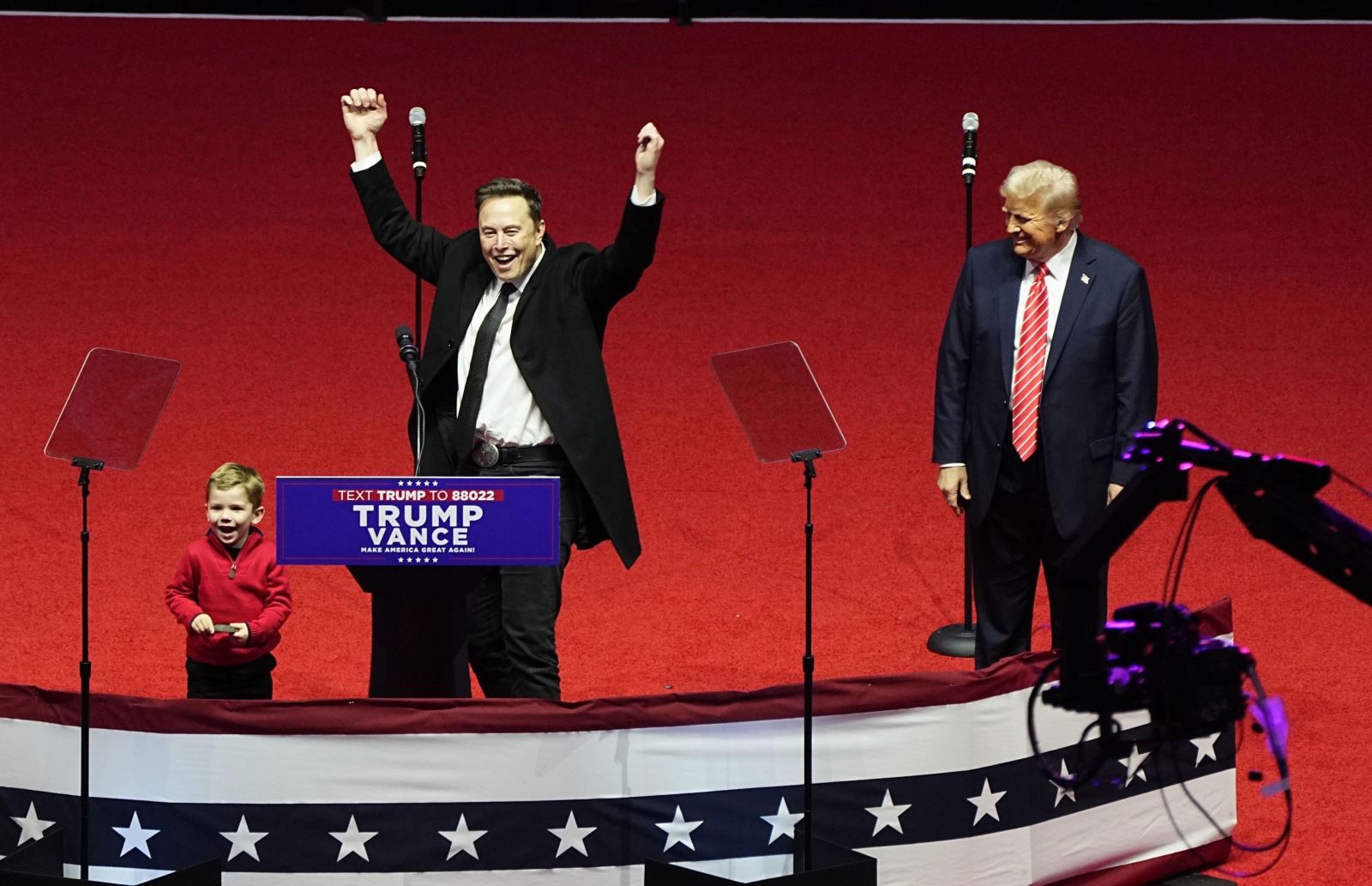
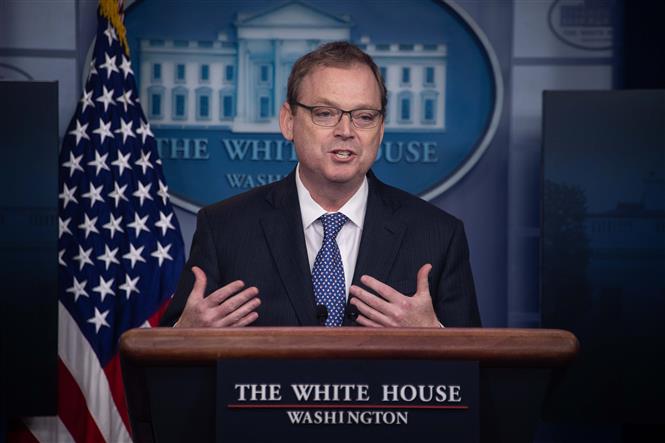
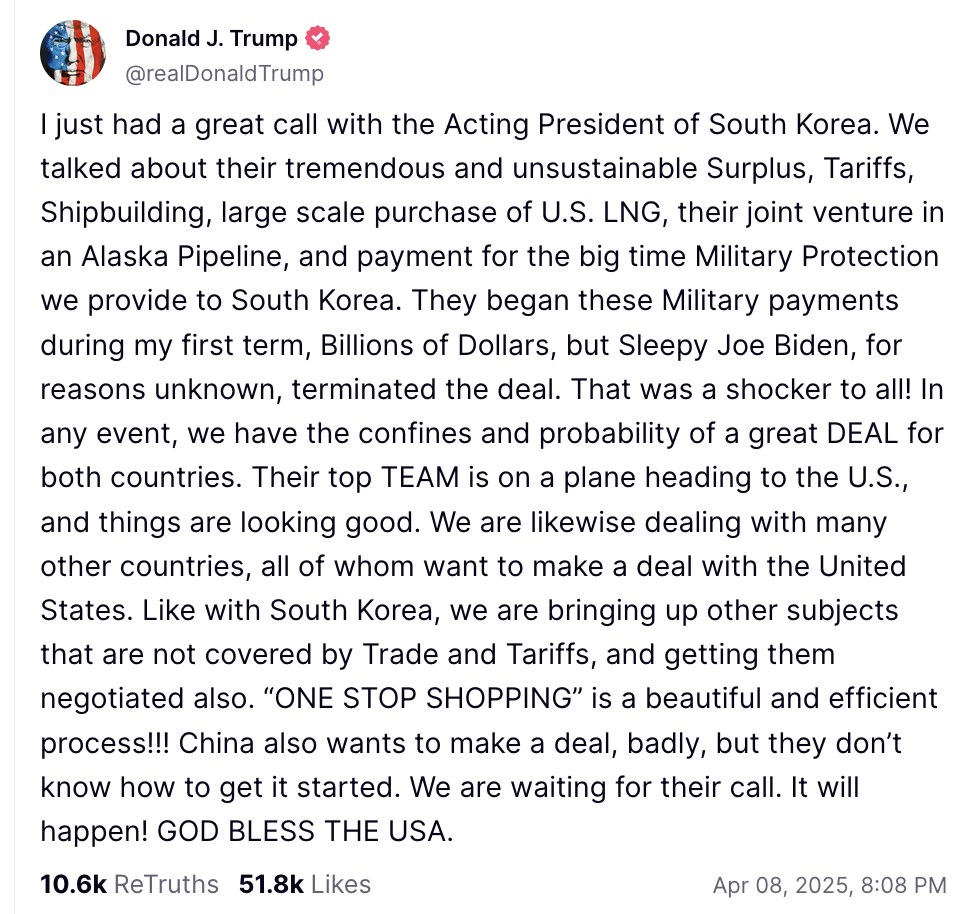
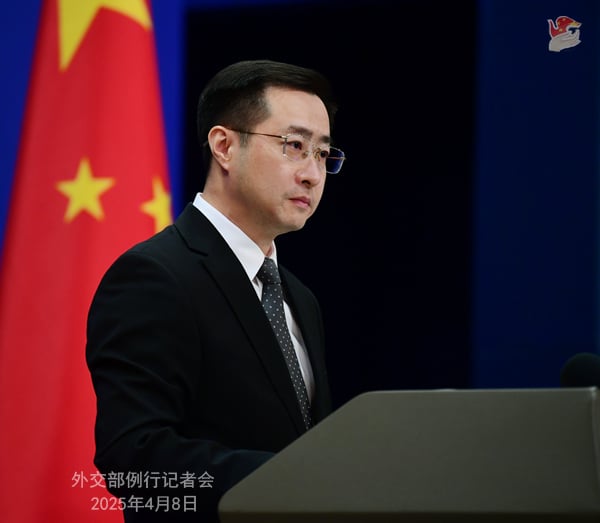




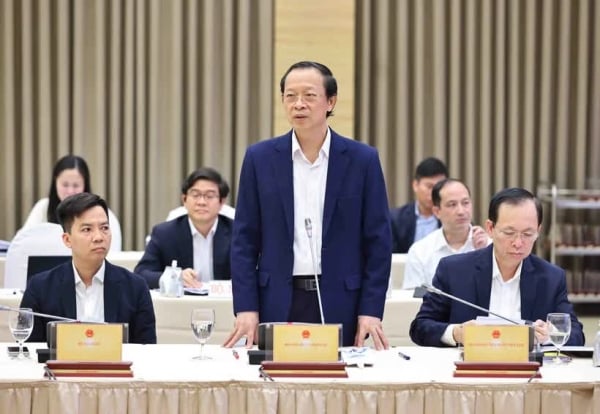















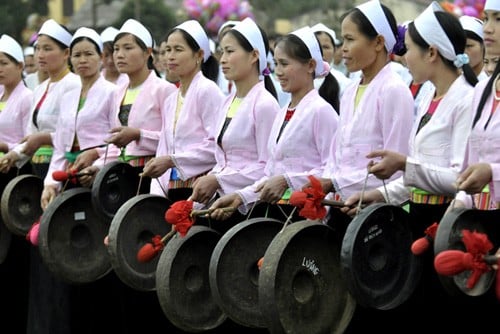



















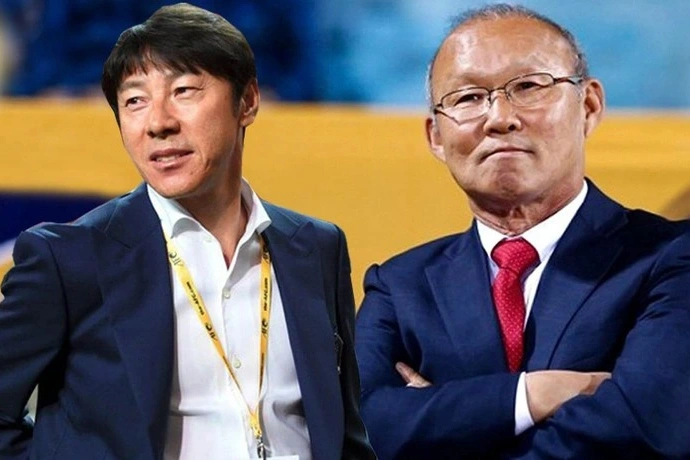
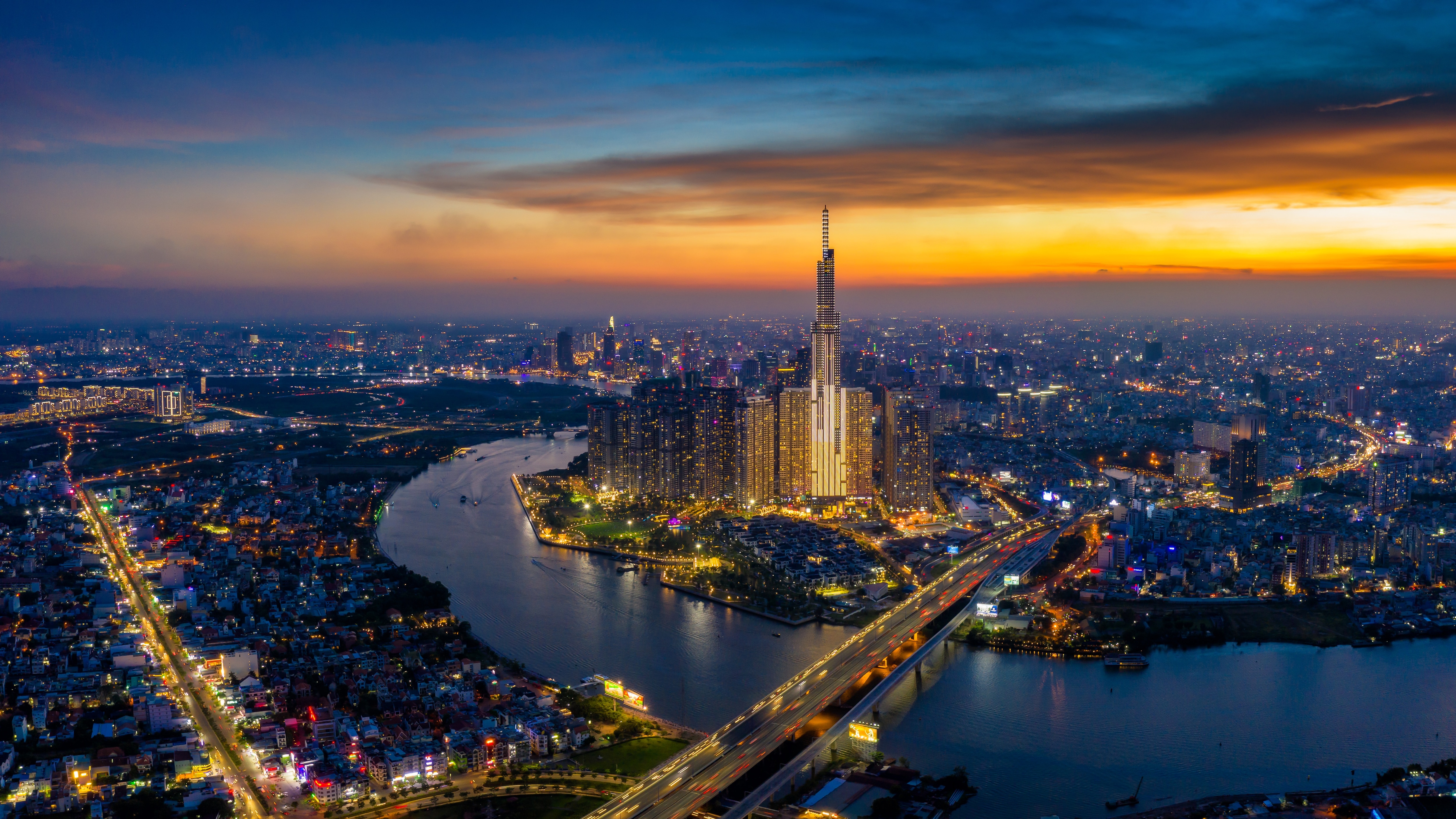

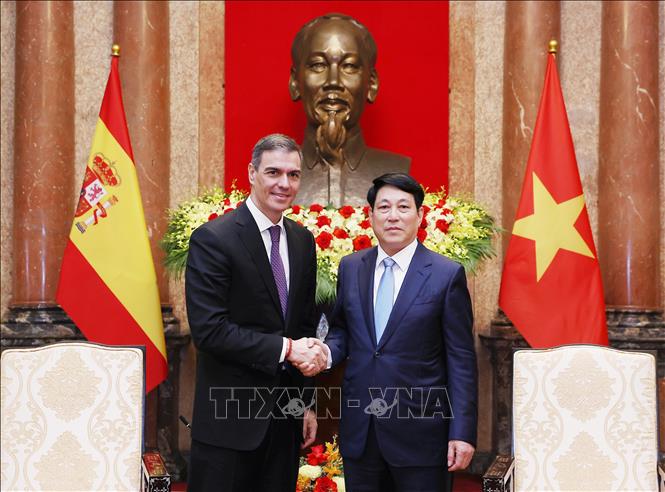








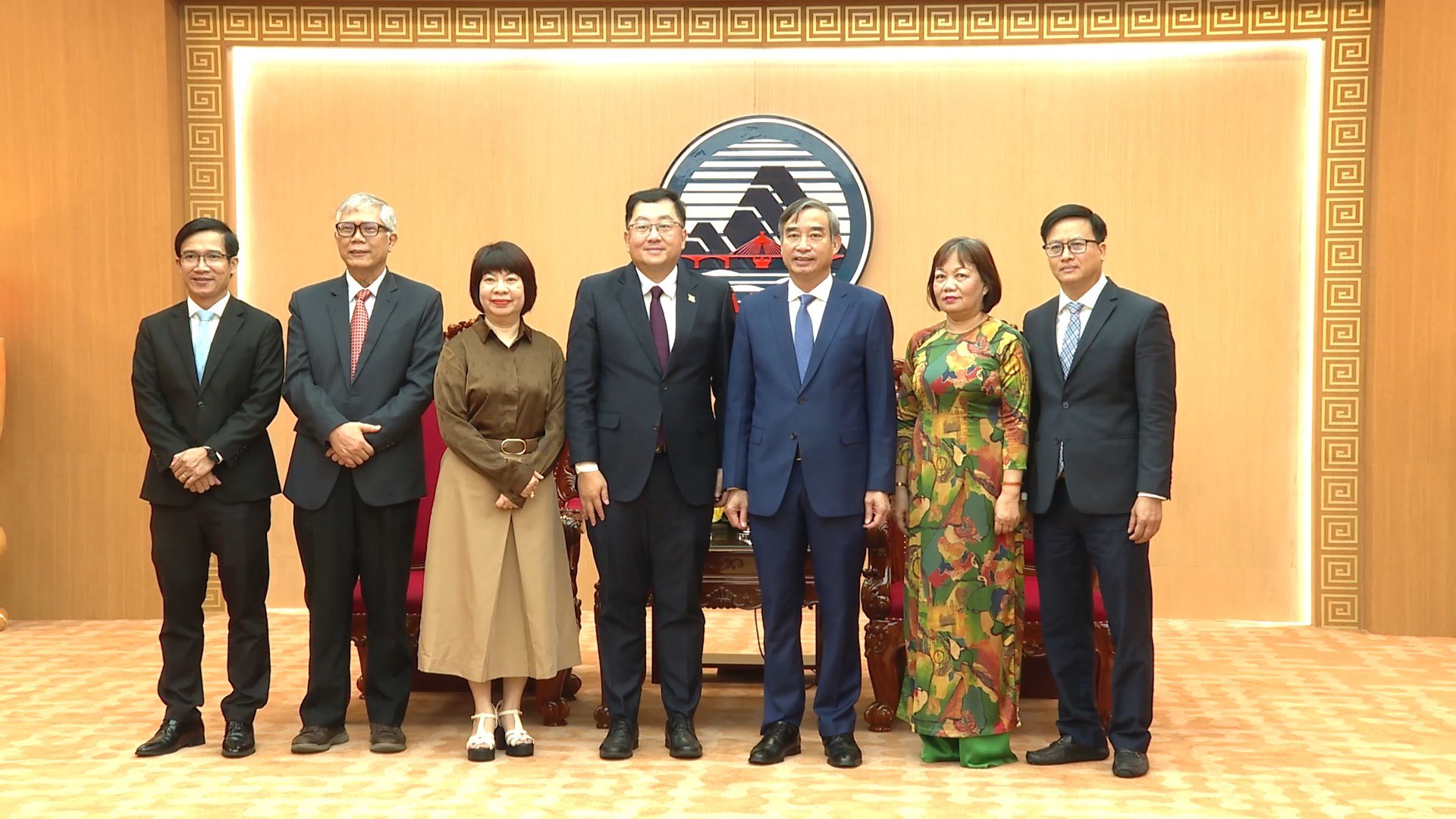

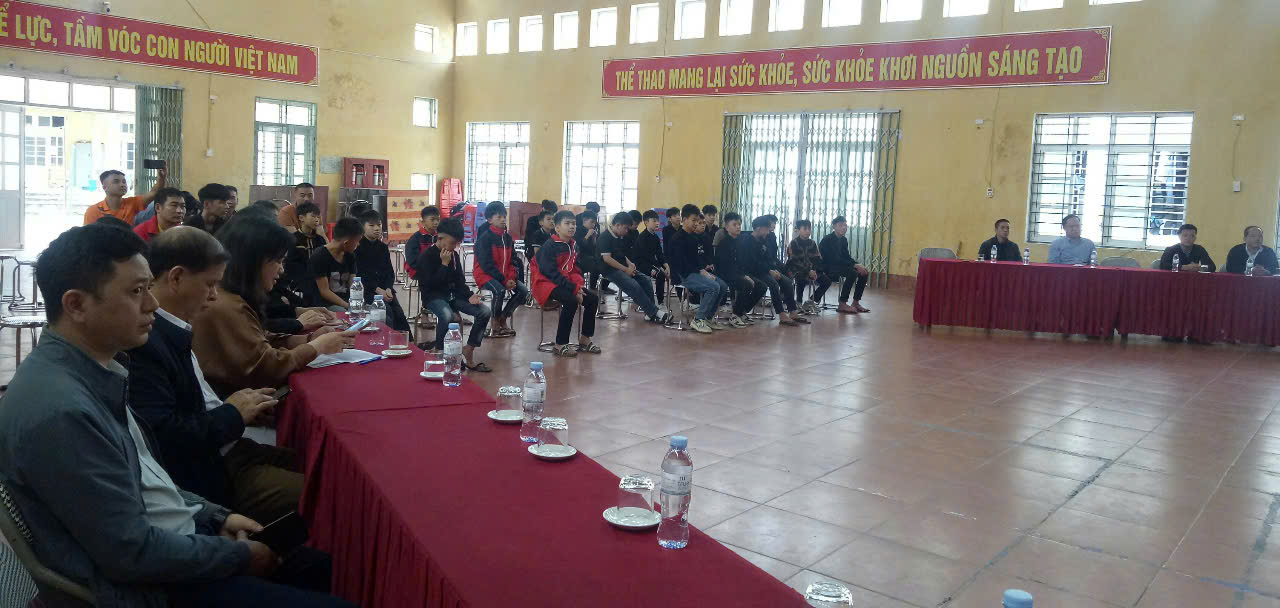













Comment (0)